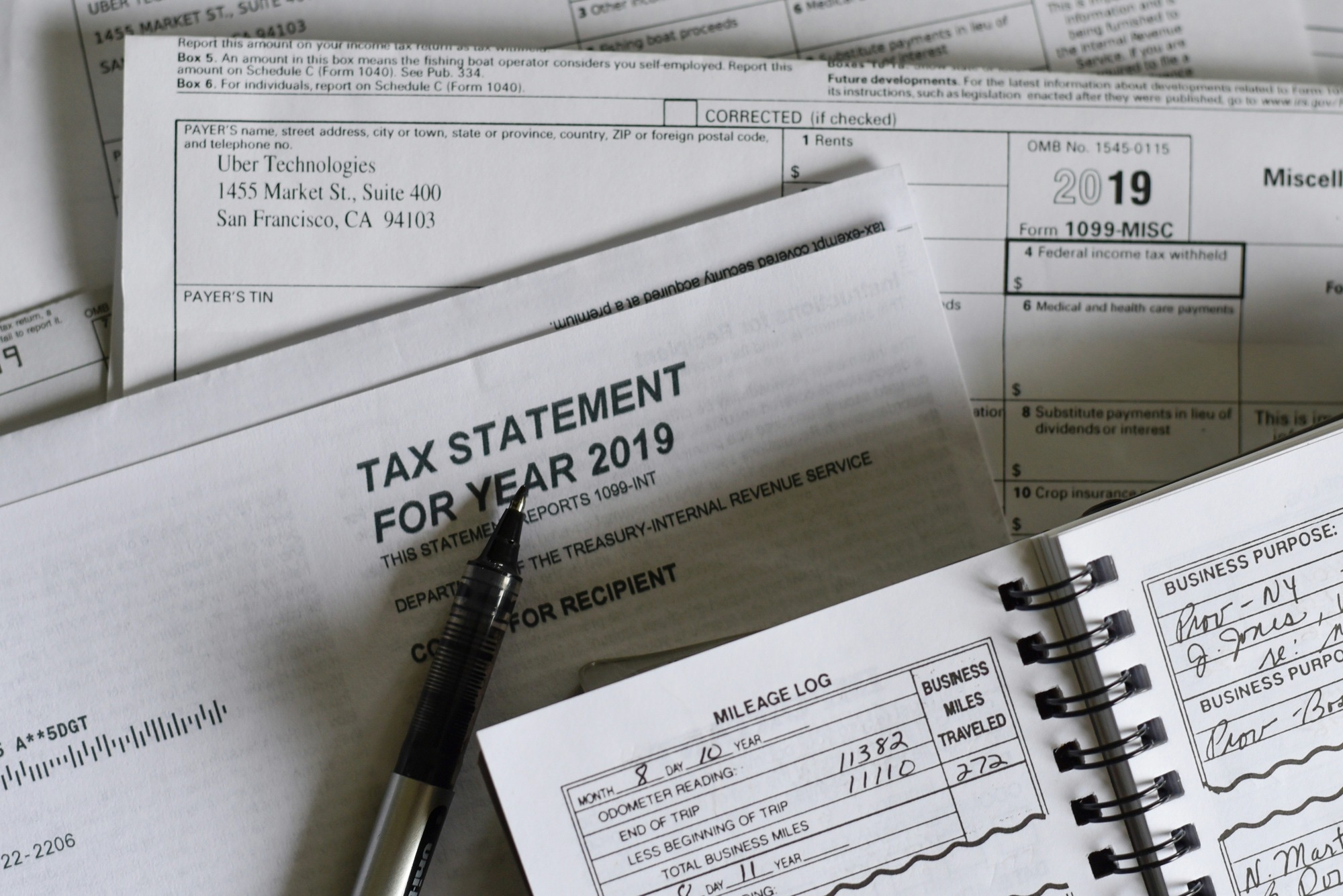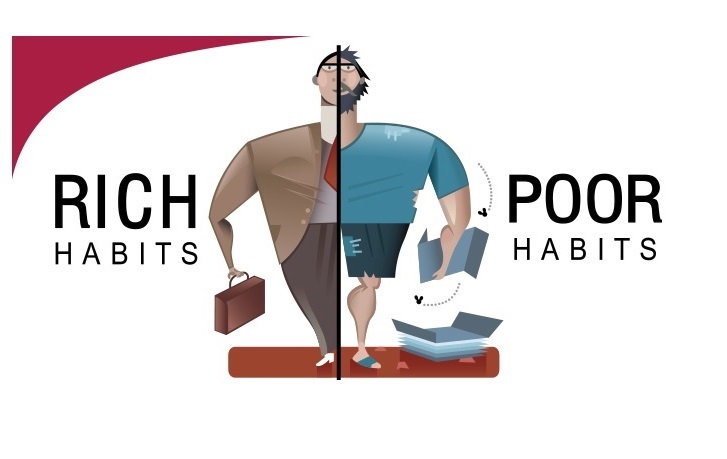
For Baby Boomers nearing retirement, or already there, tax season isn’t just about paperwork. It’s a key opportunity to protect long-term savings, reduce taxable income, and preserve wealth for the future. With the right strategies, Boomers can hold onto more of their hard-earned money and avoid common pitfalls that eat into retirement income.
As the financial landscape changes, so do the rules and opportunities around taxation. Whether someone is living off Social Security, drawing from retirement accounts, or still earning part-time income, the IRS still wants its share. But that doesn’t mean older adults are powerless. Smart planning can result in significant savings year after year.
Understanding Tax Brackets in Retirement
One of the first steps Boomers should take is understanding how their retirement income is taxed. Many assume that lower income automatically means a lower tax bill, but it depends on how that income is structured. Withdrawals from traditional IRAs or 401(k)s are taxed as ordinary income, which can push someone into a higher bracket if they’re not careful with timing. By managing the amount withdrawn each year, retirees can stay in lower tax brackets and potentially avoid penalties.
Taking Advantage of Standard Deductions for Seniors
Taxpayers over 65 qualify for a higher standard deduction, which reduces their taxable income. For many, this alone can lead to meaningful savings, especially if they’re no longer itemizing deductions. This increased deduction is adjusted annually, so it’s important to stay up to date. Married couples with both spouses over 65 benefit even more, and it’s a simple way to lower tax liability without any extra paperwork.
Using Roth Conversions Strategically
Boomers with large balances in traditional retirement accounts might consider converting portions into Roth IRAs gradually. Though taxes are paid upfront on the converted amount, future withdrawals are tax-free. Done strategically, particularly in lower-income years, this can reduce taxes over the long haul. Converting too much at once, however, can result in a hefty tax bill, so working with a tax advisor is essential.
Delaying Social Security (If Possible)
Waiting to claim Social Security until full retirement age, or even later, does more than increase monthly benefits. It can also help manage taxable income in earlier retirement years. Since up to 85% of Social Security income can be taxed depending on other income sources, delaying benefits may help keep a person’s income below that threshold for longer. It’s a balancing act, but one that can pay off in both the short and long term.
Managing Required Minimum Distributions (RMDs)
Once Boomers hit age 73, they’re required to begin taking distributions from traditional retirement accounts. Failing to do so results in steep penalties. However, planning ahead for RMDs by gradually drawing down balances or doing Roth conversions in earlier years can minimize the tax impact. Another smart move is to direct RMDs to qualified charities, which allows retirees to satisfy the requirement without increasing taxable income.
Leveraging Health Savings Accounts (HSAs)
For Boomers still on high-deductible health plans, contributing to an HSA is one of the most tax-efficient moves available. Contributions are tax-deductible, grow tax-free, and withdrawals for medical expenses are not taxed. After age 65, funds can even be withdrawn for non-medical expenses without penalty, although regular income taxes still apply. It’s a triple-benefit account that offers flexibility and savings for health-conscious retirees.

Taking Advantage of Property Tax Relief
Many states offer property tax exemptions or reductions for seniors, but these programs aren’t automatic. Boomers should check local laws to see if they qualify based on age, income, or residency status. Applying annually may be necessary, but the savings can be significant, especially for those on a fixed income.
Staying Updated on Tax Law Changes
Tax laws shift frequently, especially when new administrations come into power. Boomers who rely on outdated rules risk missing deductions or paying more than necessary. Working with a tax professional or even using updated tax software can help catch new opportunities and avoid common errors. Staying informed isn’t just helpful. It’s essential to continuous tax savings.
Small Adjustments, Big Impact
Saving money on taxes doesn’t always require a complete overhaul of one’s financial life. Often, it’s the result of a series of small, intentional choices made year after year. From understanding how income is taxed to taking full advantage of deductions and planning distributions wisely, Boomers have more tools than they might realize. The key is starting early and revisiting the strategy often.
Have you used any of these methods or discovered something others should know? Share your experience and tips below.
Read More:
Did Boomers Ruin the Housing Market—or Just Play the Game Better?
14 Non-Essential Items Baby Boomers Continue To Buy
Riley is an Arizona native with over nine years of writing experience. From personal finance to travel to digital marketing to pop culture, she’s written about everything under the sun. When she’s not writing, she’s spending her time outside, reading, or cuddling with her two corgis.









